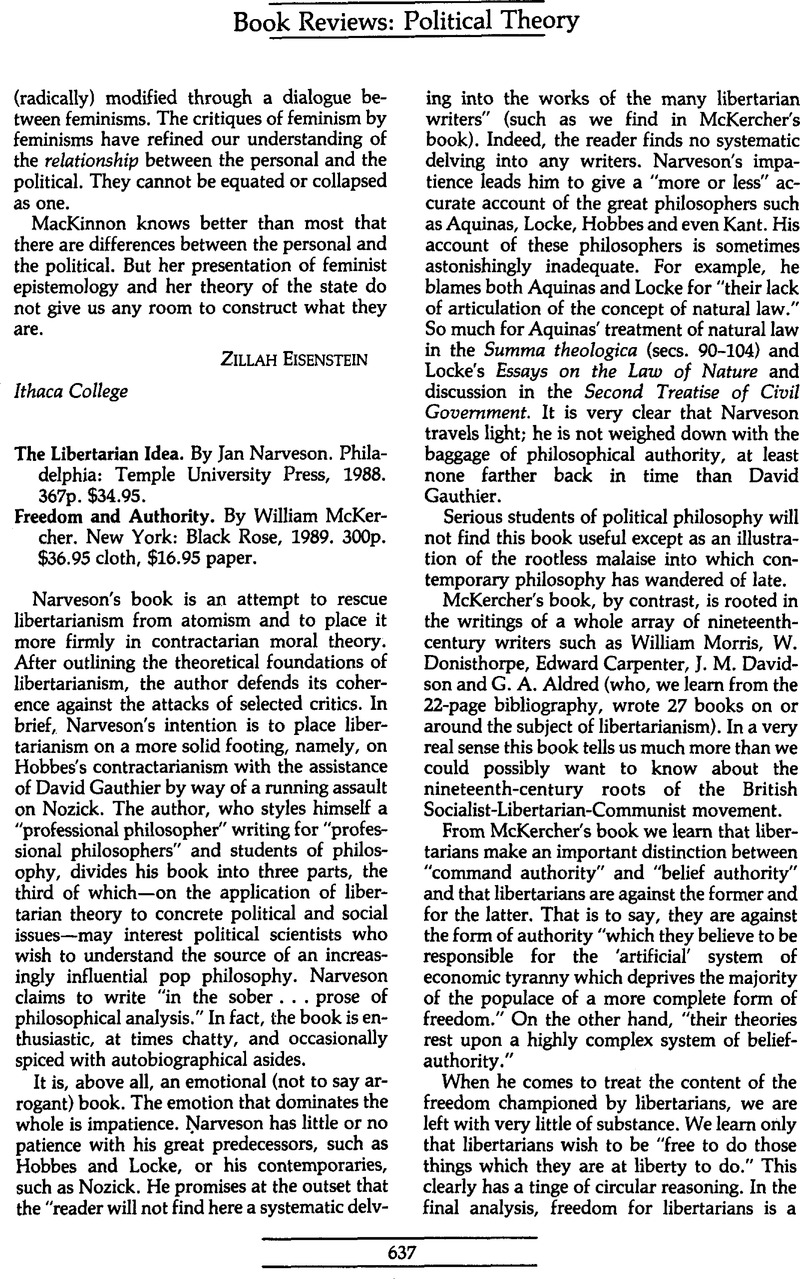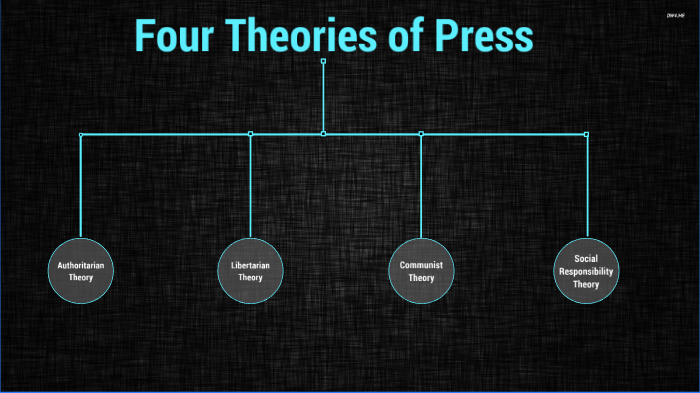The libertarian theory of the press holds that the freedom of the press is a fundamental human right and should be protected from government interference. According to this theory, the press should be able to report on any issue without fear of retribution or censorship, and should not be subject to government control or regulation.
The basis for this theory can be traced back to the principle of freedom of speech, which is protected by the First Amendment to the United States Constitution and is considered a fundamental human right in many countries around the world. The press, as a means of communication, is an integral part of this right and plays a crucial role in ensuring that the public has access to a wide range of viewpoints and ideas.
Libertarians argue that the press should be free to report on any issue, regardless of whether the government or other powerful interests find it inconvenient or disagree with the message being conveyed. This is because the press serves an important watchdog function, holding those in power accountable for their actions and exposing wrongdoing and corruption. Without a free press, it would be much more difficult for the public to hold their leaders accountable and to make informed decisions about the issues that affect their lives.
However, while the libertarian theory of the press emphasizes the importance of freedom of expression, it also acknowledges that this freedom is not absolute. For example, libel and defamation laws may be used to protect individuals from false or malicious statements made by the press. However, these laws should be narrowly tailored to protect the rights of individuals, rather than being used to silence critical voices or suppress unpopular viewpoints.
In conclusion, the libertarian theory of the press holds that the freedom of the press is a fundamental human right that should be protected from government interference. This freedom allows the press to serve as a watchdog, holding those in power accountable and ensuring that the public has access to a wide range of viewpoints and ideas. While there may be some limited exceptions to this freedom, such as libel and defamation laws, these should be narrowly tailored to protect the rights of individuals rather than being used to silence critical voices or suppress unpopular viewpoints.







